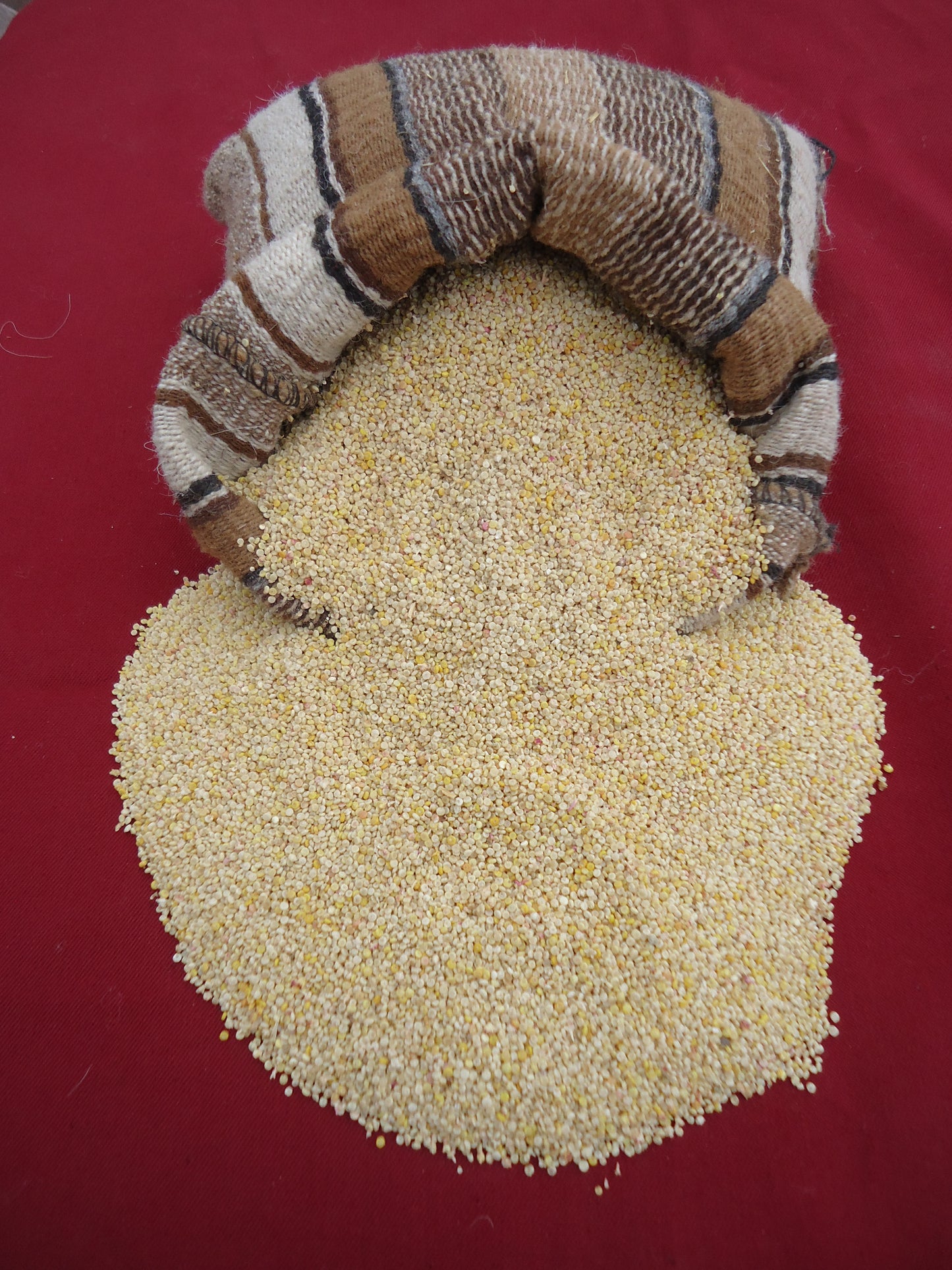
Did you know quinoa can contribute to heart health in several ways?
- Rich in Heart-Healthy Nutrients: Quinoa is a nutrient-dense grain that provides an array of beneficial nutrients, including fiber, magnesium, potassium, and antioxidants. These nutrients have been associated with a reduced risk of cardiovascular diseases.
- High in Fibre: Quinoa is a good source of dietary fibre, including both soluble and insoluble fibre. Soluble fibre helps lower LDL (bad) cholesterol levels by reducing its absorption in the bloodstream. This, in turn, can help reduce the risk of heart disease.
-
Supports Healthy Cholesterol Levels: The soluble fibre in quinoa, along with other compounds present in the grain, has been shown to help decrease total cholesterol and LDL cholesterol levels. By promoting a healthier lipid profile, quinoa can contribute to maintaining heart health.
-
Blood Pressure Regulation: Quinoa is rich in minerals like magnesium and potassium, which play important roles in blood pressure regulation. Potassium helps counterbalance the effects of sodium, which can help lower blood pressure levels. Magnesium also supports blood vessel relaxation, promoting healthy blood flow.
-
Antioxidant Protection: Quinoa contains various antioxidants, such as quercetin and kaempferol, which have been linked to cardiovascular benefits. Antioxidants help protect against oxidative stress and inflammation, which are underlying factors in the development of heart disease.
-
Whole Grain Benefits: Quinoa is considered a whole grain, and consuming whole grains has been associated with a reduced risk of heart disease. Whole grains contain all parts of the grain, including the bran, germ, and endosperm, which provide a wide range of nutrients and fibre
